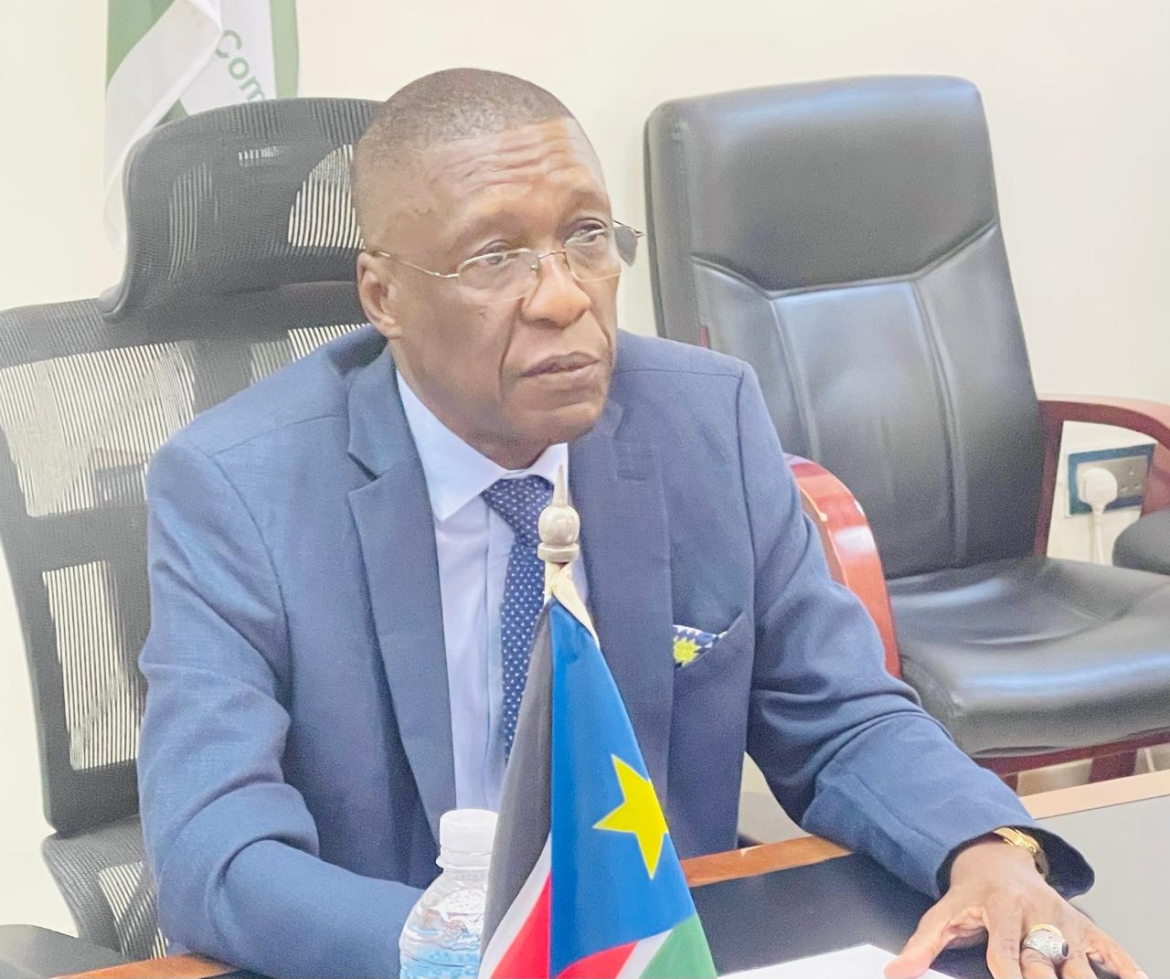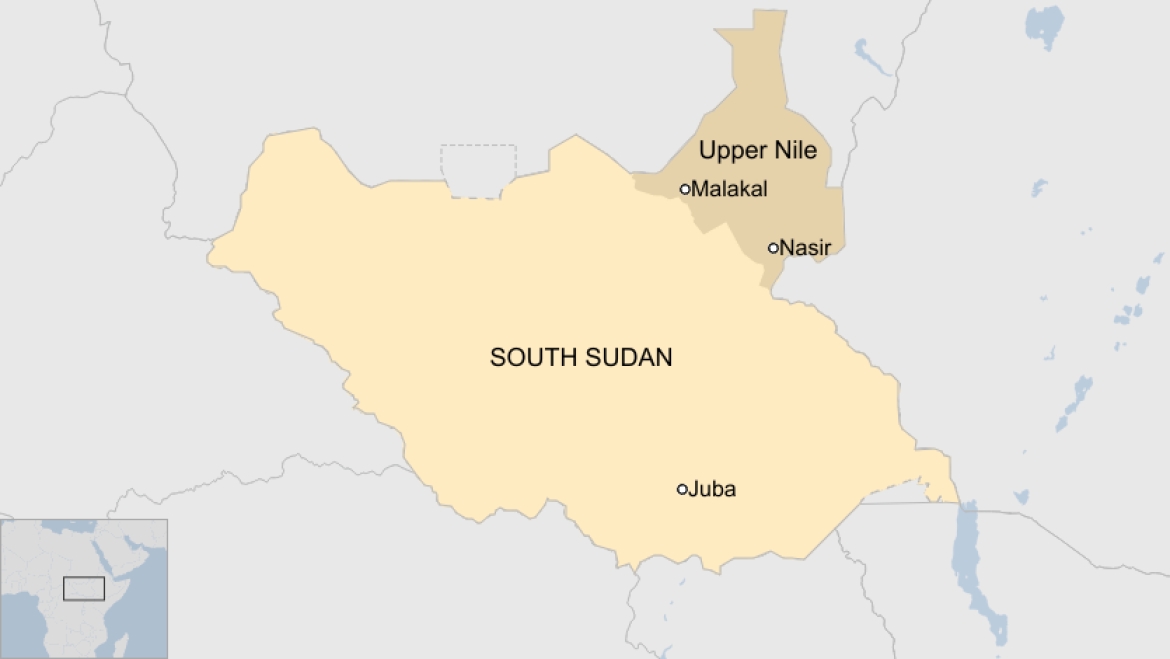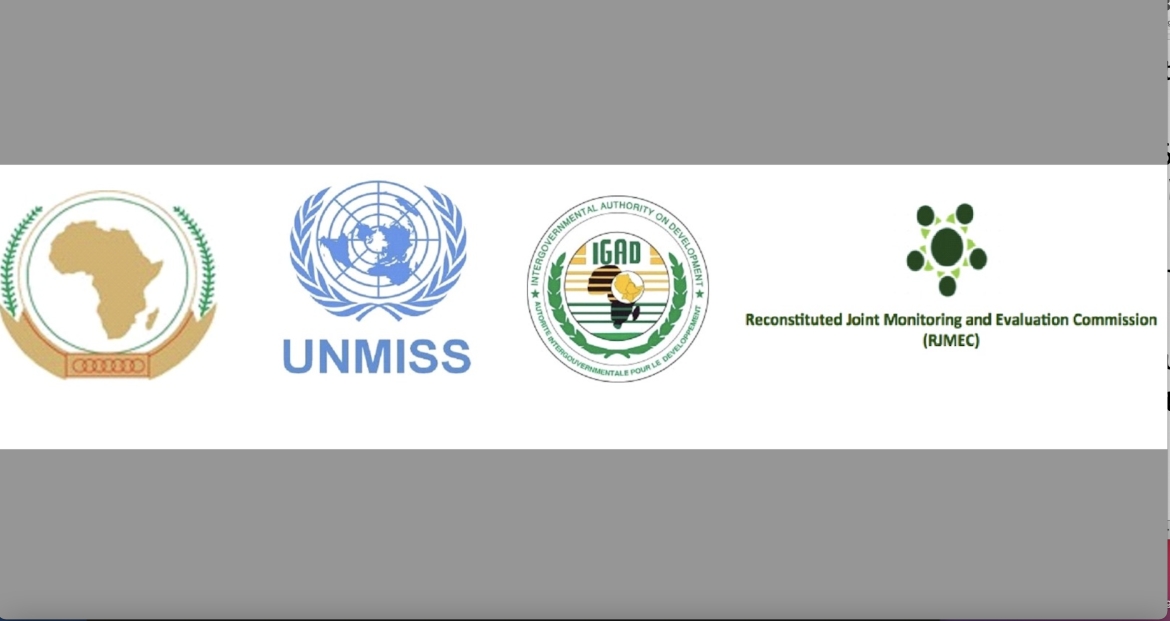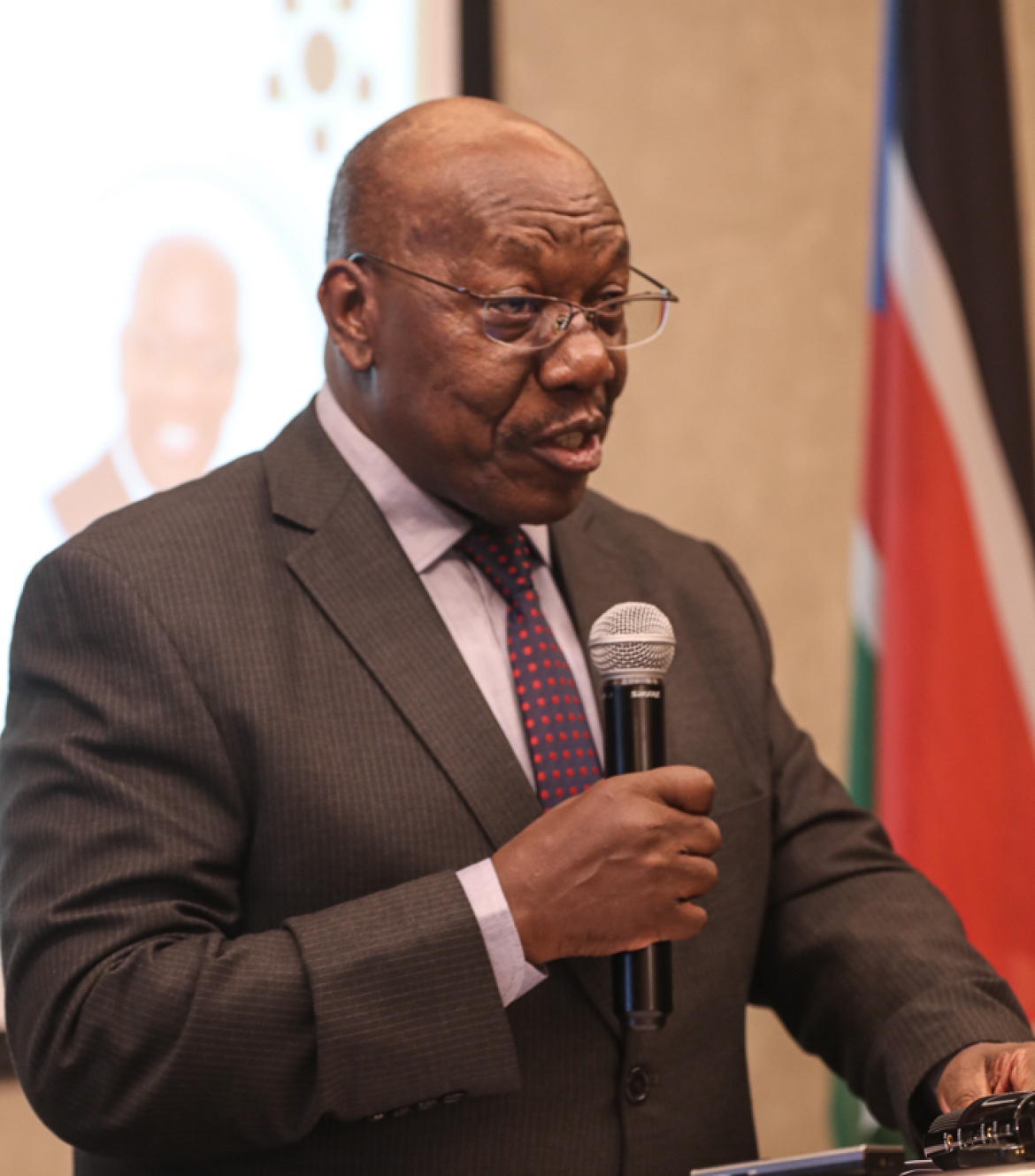South Sudan @ 10: Status of implementaion of the R-ARCSS as country marks 10th Independence Day
First and foremost, this is a message of congratulation to the people of South Sudan on achieving ten years of independence. Hard fought and long in coming, that moment of liberation is truly something to be celebrated. Though the challenges since have been numerous, the achievement is nonetheless great, and we must all believe that the future is bright.
But secondly, as the Chairperson of the Reconstituted Joint Monitoring and Evaluation Commission (RJMEC), the body mandated to oversee the implementation of the Revitalised Agreement on the Resolution of the Conflict in the Republic of South Sudan (R-ARCSS), I would also like this message to convey a note of encouragement, as well as highlight areas that need improvement.
Certainly, the conflicts that erupted since independence, notably in 2013 and 2016, have clouded how we look back at the decade since independence. The pain and suffering caused was immeasurable, and the distance that the country must cover to regain its sense of hope and excitement for the future is deeply regrettable.
The path to today’s condition of peace has not been easy. In 2017, the Joint Monitoring and Evaluation Commission (JMEC) assessed that the implementation of the Agreement on the Resolution of the Conflict in the Republic of South Sudan (ARCSS) of 2015 had been facing serious violations, and therefore it recommended to convene a High-Level Revitalisation Forum (HLRF) of the Parties to the ARCSS. After fifteen months of intense negotiations, the HLRF culminated in the signing of the R-ARCSS on 12 September 2018.
Understanding the preamble of the R-ARCSS is important to gain a sense of the spirit of the Agreement. It tells us that the Parties to the Agreement committed themselves “to lay the foundation for a united, peaceful and prosperous society based on justice, equality, respect for human rights and the rule of law”, while “deeply regretting the untold human suffering that had befallen the country and people of South Sudan.”
A united, peaceful and prosperous society is a laudable and important goal, one which befits an independent nation that struggled so long for its freedom. The R-ARCSS, implemented fully in letter in spirit, is how that foundation is laid.
However, since that Agreement was signed in September 2018, progress towards laying that foundation has been slow. Time and again, we as the peace monitors have urged for an increase in scale and pace of implementation.
In a few chapters of the Agreement, there has been some progress in implementation to report. In terms of governance, some fundamental building blocks have been put in place. The Revitalised Transitional Government of National Unity (RTGoNU), comprised of the five Parties to the Agreement, has been put in place. At its head is the Presidency, with H.E. Salva Kiir Mayardit, President of the Republic of South Sudan, at its helm. Furthermore, the Transitional National Legislative Assembly and the Council of States have been reconsistuted, though we are still awaiting for their members to be sworn in. I am particularly keen that the level of 35% women’s representation in the national and state exectutive and legislative positions is observed.
In terms of transitional justice – the means through which the pain and suffering causedcan begin to be atoned for – the Ministry of Justice and Constitutional Affairs has recently launched the process of national public consultations for the establishment of the Commission for Truth Reconciliation and Healing. The Minsitry has also established a taskforce to coordinate the implementation of Chapter 5 in its entirety and the the judicial reforms in Chapter 1.
In Chapter 6, the permanent consitution-making process is set up well. RJMEC convened a workshop on this process, which took place at the end of May 2021. The purpose and significance of this workshop is clear: under Article 6.9 of the R-ARCSS, the outcome shall form the basis for drafting the legislation to be enacted to govern the Constitution-making process. The Permanent Constitution of the Republic of South Sudan is a very significant document because it is expected inter-aliato guide the conduct of elections at the end of the Transitional Period, and to guarantee good governance, constitutionalism, rule of law, human rights, and gender equality.
That said, any progress made must be viewed in conjunction with those areas of the Agreement where progress has been too slow, or non-existent. Chapter 2, security, and especially the Transitional Security Arrangements, is one such area. In particular, the training and redeployment of the unified forces is a Pre-Transitional task carried forward into the Transitional Period, and is long overdue. This must be completed very soon; delays here merely serve to negate progress made in other areas. All parts of the Agreement – and therefore the people of South Sudan – will benefit from the full implementation of the Transitional Security Arrangements, and the addressing of the instability in some of the states.
Chapter 3, Humanitarian Assistance and Reconstruction, Chapter 4, Resource, Economic and Financial Management, have likewise seen slow progress, and yet are also both chapters whose full implementation will deliver meaningful peace dividends for the people of South Sudan. Much more is needed here.
So as we consider the acheivement of ten years of independence and the accompanying promise of a united, peaceful and prosperous society,we can see that H.E. Salva Kiir Mayardit, President of the Republic of South Sudan, H.E. Dr. Riek Machar Teny, First Vice President, all the four Vice Presidents and the entire leadership and members of the Parties to the RTGoNU, are staying the course of peace. They have been providing leadership in the implementation of the Revitalised Peace Agreement, all the delays and challenges notwithstanding. But it is clear that the people of South Sudan need more implementation in letter and spirit, both in scale and pace. It is incumbent on the Parties to the Agreement to redouble their efforts to push forward implementation, particularly the Transitional Security Arrangements. Furthermore, they must build and demonstrate greater political will, commitment and trust and confidence among themselves. This is a message which will resonate deeply with the public so they see their leaders united in the government of their country. In this way, the milestone of reaching the ten year mark since independence will be honoured, and there can be no better way of honouring the sacrifices that so many South Sudanese have made in achieving independence.
God bless the country and people of South Sudan.
The author is Major General Charles Tai Gituai, Interim Chairperson of the Reconstituted Joint Monitoring and Evaluation Commission (RJMEC)





